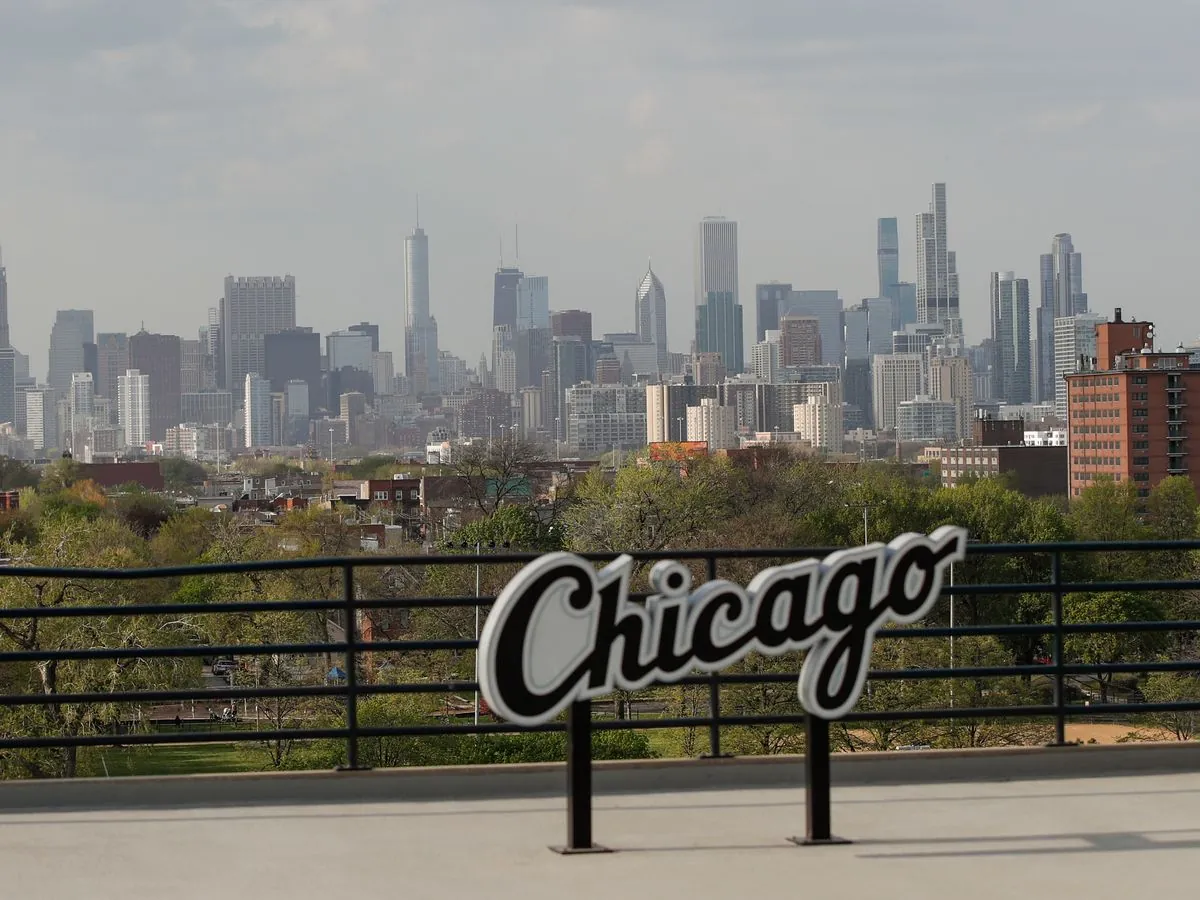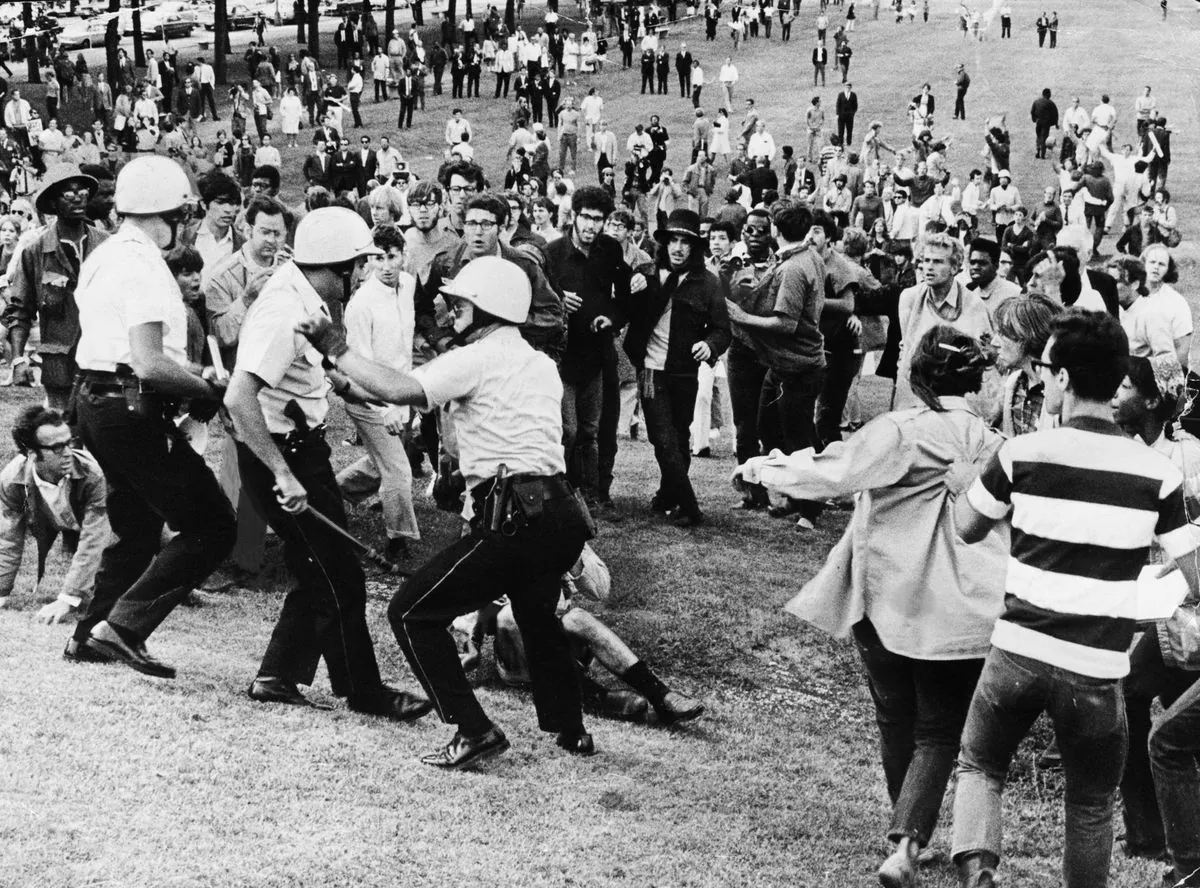Democrats Return to Chicago: Echoes of 1968 Amid a Changed Political Landscape
The Democratic National Convention returns to Chicago, evoking memories of the tumultuous 1968 event. Despite parallels, the 2024 gathering promises unity and calm in a vastly different political era.

The Democratic Party's return to Chicago for its 2024 National Convention evokes memories of the tumultuous 1968 event, while highlighting the significant changes in the political landscape over the past 56 years.
In 1968, Chicago became synonymous with political chaos as police clashed violently with protesters, and delegates engaged in heated disputes within the convention hall. The event, which took place from August 26-29, resulted in the nomination of Hubert Humphrey for president and left a lasting impact on American politics.
Fast forward to 2024, and the Democrats find themselves in a markedly different situation. While some parallels exist, such as a sitting president opting not to seek reelection, the party appears more unified and prepared for a smoother convention experience.

The 1968 convention occurred during a period of intense social and political upheaval. The Vietnam War had deeply divided the nation, and the assassinations of Martin Luther King Jr. and Robert F. Kennedy earlier that year had left the country reeling. In contrast, the 2024 convention takes place in a different context, with its own set of challenges and opportunities.
One significant difference is the nomination process. In 1968, Hubert Humphrey secured the nomination without competing in any primaries, a practice that is now obsolete. The events of 1968 led to the formation of the McGovern-Fraser Commission, which reformed the nomination process to give more power to primary voters.
"The memory of '68 is always there. The potential for chaos is why these conventions become so scripted."
The 2024 convention is expected to be more controlled and scripted, a direct result of the lessons learned from 1968. Party leaders have worked to present a unified front, with Vice President Kamala Harris quickly emerging as the consensus nominee after President Joe Biden stepped aside.
While protests are anticipated in 2024, they are unlikely to match the intensity of the 1968 "Battle of Michigan Avenue." The phrase "The whole world is watching," which became a rallying cry during the 1968 protests, underscored the global attention on the events in Chicago.
The Democratic Party itself has undergone significant changes since 1968. Once known for its diverse and sometimes fractious coalition, the party has become more ideologically uniform. This shift is reflected in the evolution of Democratic conventions, which have become less contentious and more choreographed affairs.
The media landscape has also transformed dramatically. In 1968, the convention was the first to be broadcast in color by all three major networks, with gavel-to-gavel coverage. Today, the narrative is shaped by social media, memes, and viral moments, presenting new challenges and opportunities for party messaging.
As Democrats gather in Chicago, they do so with an awareness of history and an eye toward the future. While the echoes of 1968 remain, the 2024 convention represents a party and a nation that have undergone profound changes, facing new challenges in a rapidly evolving political environment.


































